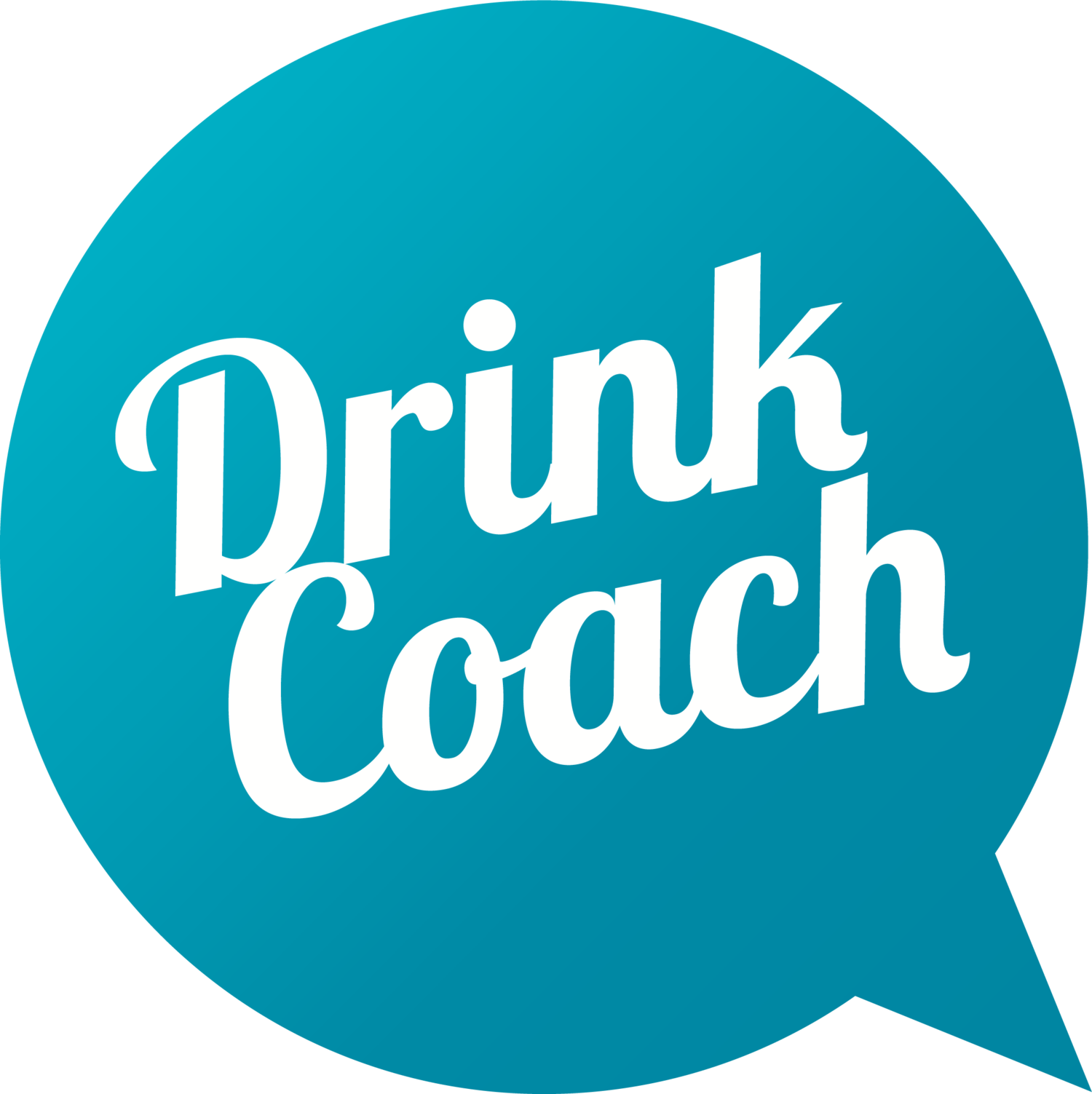Is loneliness linked to your drinking?
6 practical tips for reducing loneliness
This year’s Mental Health Awareness Week campaign is highlighting the impact of loneliness. Most of us can relate to loneliness and experienced it at some point in our lives. It’s a complex feeling that effects people in different ways. Some people can feel lonely even if they are in a room full of people, while others experience loneliness as a true form of isolation, where they may not experience any human contact for a prolonged amount of time. It can be a fleeting feeling that comes and goes, or more enduring and we know that loneliness affects mental health.
Signs of loneliness include
- Feeling low
- Avoiding social interactions
- Lack of sleep
- Unhealthy eating
- Becoming ill more often
Loneliness and alcohol
Loneliness impacts on mental health. It is known to increase the risk of depression, low mood, low self-esteem, anxiety, poor sleep and increased stress. We can see that many of these impact areas can be reasons that people find themselves drinking in the first place and symptoms can also be exacerbated through alcohol use.
So it can be important to learn ways to address feelings of loneliness if you want to change your relationship with alcohol.
At DrinkCoach many people we speak to are affected by loneliness. However, conversations often start with people identifying boredom as a reason for drinking. Or the person may realise they are drinking more because they are lonely in the household, for example when their children grow up and are less dependent on them in the evenings. For others, realising that they actually feel quite lonely within their relationships and alcohol is used to fill that void or distract them from facing those issues.
Some people prefer to drink socially, but for those who find themselves drinking alone because they are bored or lonely, turn to alcohol to distract from the negative feelings they are experiencing. People who use alcohol as a coping mechanism will find that the more they drink the more alcohol they will need for it to have the same impact. What may have helped in the short term is no longer an effective strategy in the long-term.
If you think that loneliness may be impacting on your drinking and are not sure where to start, there are lots of practical things you can try:
Even if you feel like you don’t want to it’s important to get out and socialise where you can. Make a conscious effort to see friends and family., Many people report feeling better after doing so.
What activities or hobbies have you lost touch with or might want to start doing? Joining a social group with people that have similar interests could be a good start. This could be a knitting club, cooking class, running club, paint classes… anything that you get enjoyment from and can do with other people.
Go for scheduled walks in the park. You will find that people will have similar routines and you may meet someone who you can walk with or meet and chat with on a regular basis.
Pets are proven to help with mental health and loneliness. They may not be able to talk back, but that doesn’t mean you won’t form a close bond with them. If you situation doesn’t allow you to care full time for an animal, there are apps and websites which allow you to borrow a dog for a few hours or a day.
Volunteer! There are so many great volunteer jobs that will mean you are in contact with other people and boosting your mental health in the process.
Plan to go some work social events. If you want to keep your drinks to a minimum, plan ahead to have an alcohol-free option and have a time that you will leave by.
If loneliness s causing you to turn to alcohol and you’re worried about how much you are drinking you can take our 2-min Alcohol test, download our app or book 1-2-1 coaching sessions with one of our 11 fantastic coaches.
References



